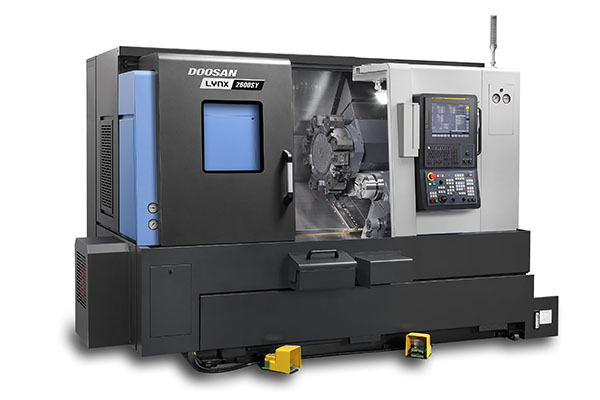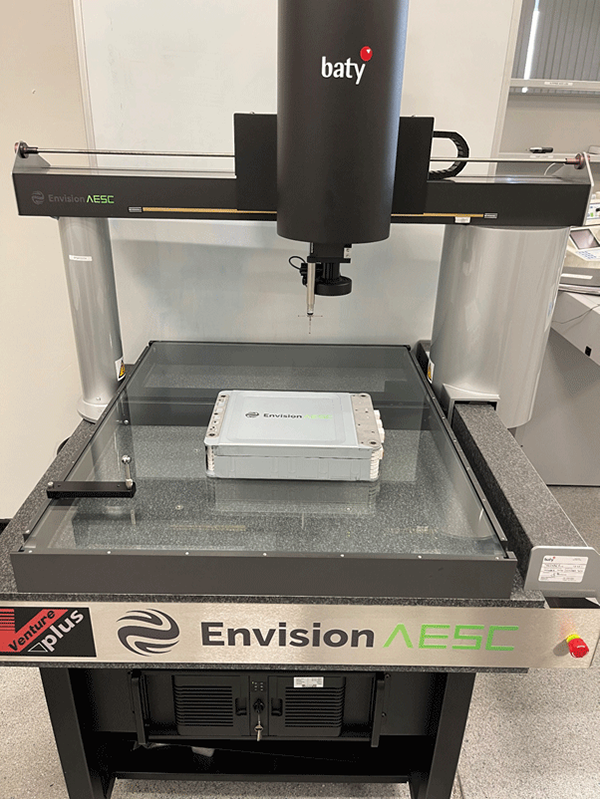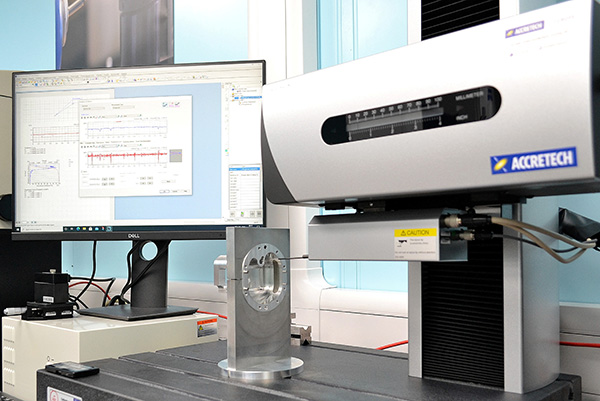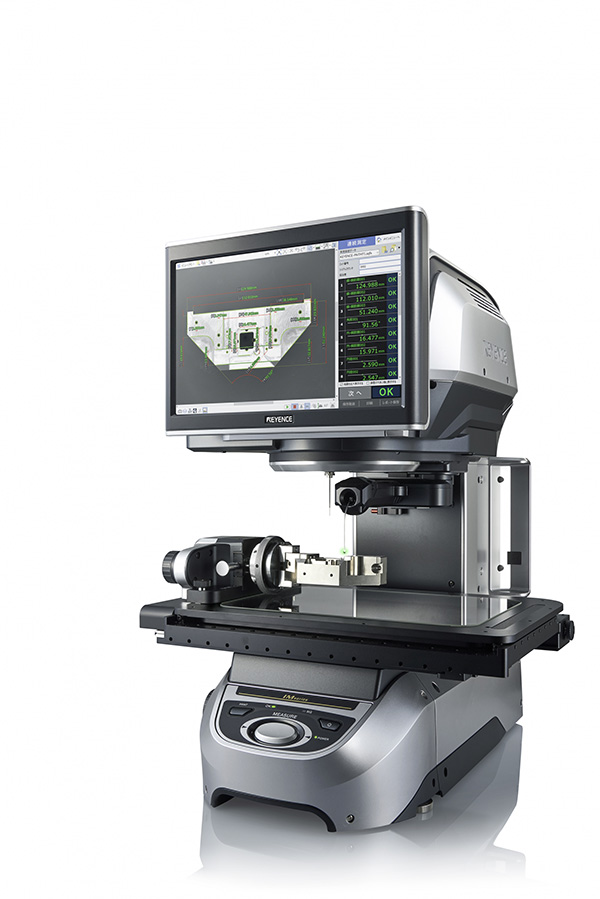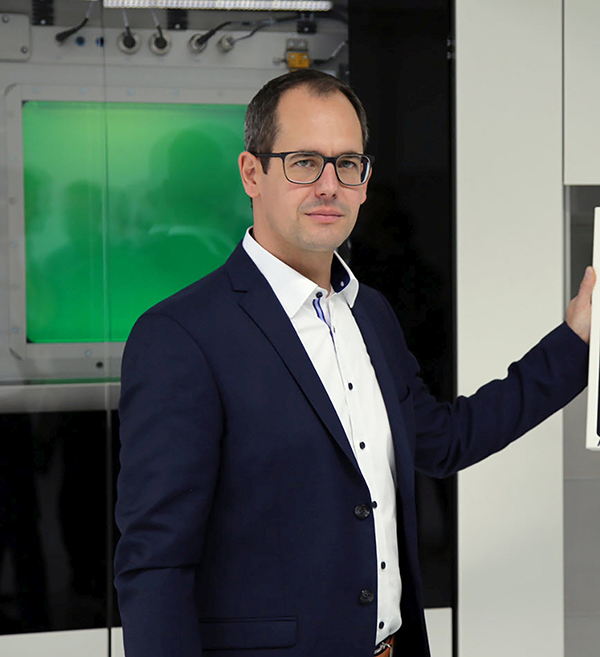
Mills CNC, the exclusive distributor of Doosan machine tools in the UK and Ireland, has introduced a new range of 10” chuck Lynx lathes with integrated Y axes. There are two models in the series: the Lynx 2600Y (with Y axis) and Lynx 2600SY (with Y axis and sub-spindle).
Both models share many of the technology features and performance attributes of the 6/8”chuck Lynx 2100 series of lathes first introduced by Mills in the UK and Ireland a couple of years ago, but provide small component manufacturers with larger turning diameters (380 mm), longer turning lengths (610 mm) and more powerful spindle capabilities (18.5 kW/3500 rpm).
The spindles, with their rigid and low-vibration design and build (i.e. spindle housing, bed, feed shaft) ensure high accuracy, repeatability and surface finish, even during heavy-duty and continuous cutting operations, reports Mills. A base-mounted turret (BMT) design and configuration further improves rigidity.
Both machines are driven-tool models (5,000 rpm milling capability). Additional features of the latest Lynx lathes include: 105 mm Y-axis capability (±52.5mm); 30 m/min rapids in the X and Z axes; high-rigidity roller LM guideways; a programmable tailstock (Lynx 2600Y model); a 4500 rpm sub-spindle (Lynx 2600SY model); an eco-friendly grease lubrication system; and an on-board tool setter that facilitates automatic (in-process) tool measurement.
The lathes are supplied with the new Fanuc 0i-TF Plus control, which features a user-friendly iHMI system with an intuitive 15” touchscreen. iHMI enables users to enjoy quick and complete control over all machine operations – planning, machining, maintenance – as well as the ability to monitor performance and respond to changing situations and demands.
For further information
www.millscnc.co.uk






